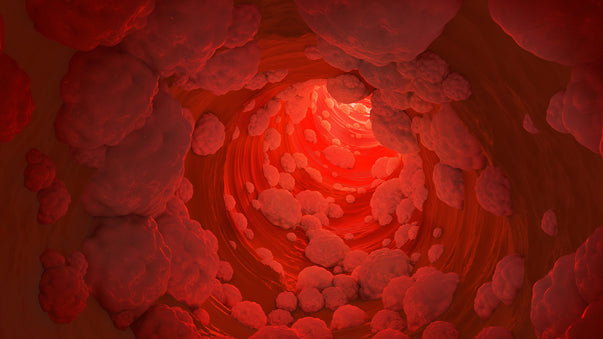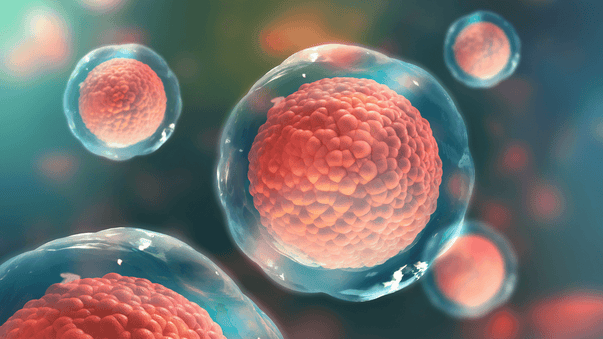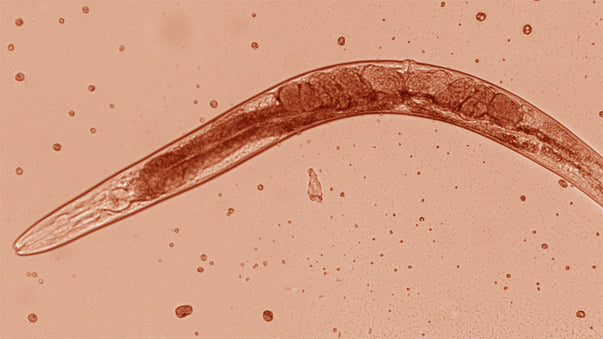Pulse Newsletter
Browse page 16 of our Pulse Newsletter articles in the Thrivous Views blog at Thrivous. They're listed below. If you prefer, you can also browse all articles in Thrivous Views. Or search for articles and other content on the Thrivous website.
-
Deep Learning AI Finds Powerful Antibiotics
In a breakthrough for Artificial Intelligence (AI) application to drug discovery, machine learning algorithms have identified a new, very effective ...
-
Did Scientists Find the Engine of Consciousness?
By stimulating a brain region called "central lateral thalamus," scientists led by University of Wisconsin brain researchers caused anesthetized monkeys ...
-
Clinical Trial Validates CRISPR Cancer Immunotherapy
The highly anticipated results of a small clinical trial (see below) show that treating cancer patients with a CRISPR-engineered version ...
-
Nanotechnology for Treatment of Atherosclerosis
Atherosclerosis, the accumulation of plaque inside artery walls that can lead to heart attacks and strokes, is the world’s No. ...
-
One Treatment to Cure All Cancers?
The scary coronavirus epidemic that started in China is all over the news. Although earlier coronavirus outbreaks initially caused global ...
-
Living Programmable Organisms Developed in the Lab
In an impressive breakthrough, scientists have built living, programmable robots with frog cells (see first research summary below). "These are ...
-
Worm Lifespan Increased 500%, Humans Next?
In a spectacular experiment, the lifespan of laboratory worms (C. elegans) has been increased by 500 percent (see below). The ...
-
Moderately Great Expectations for the 2020s
Welcome to the 20-twenties! I have great expectations for the new decade, but it’s important to moderate one’s enthusiasm. Scientific ...
-
Purpose Is Important for Health and Well-Being
A recent study by psychiatrists and neuroscientists at UC San Diego School of Medicine has found that the presence of ...
-
New Cancer Treatment Achieves Spectacular Results
A new treatment developed by Tel Aviv University induced the destruction of pancreatic cancer cells in mice (see below), and ...










